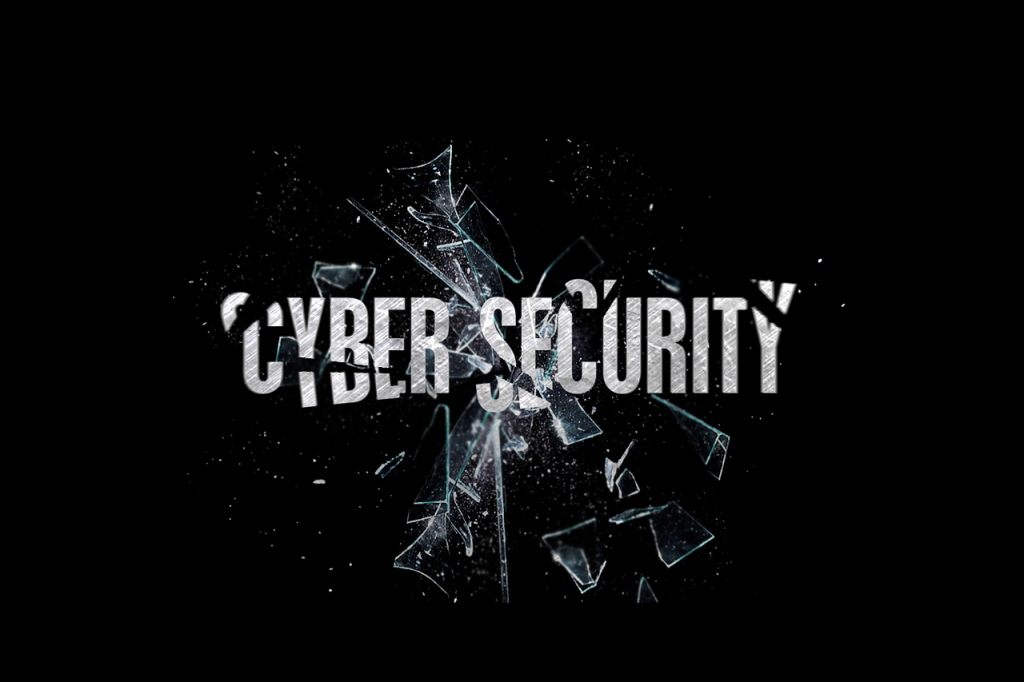For many years now, the internet has opened us up to a wide range of possibilities, with the power to be able to do pretty much anything from anywhere you feel like, it can be easy to forget about making sure that you’re safe online.

With the increase of fraud and identity theft, hackers are thriving because many people around the world fail to ensure that they’re safe online. Sometimes, something as simple as not logging out of your Facebook account can give a hacker an opportunity to access many other aspects of your life and ruin them. Why do they do this? It’s usually with the hope of gaining information like your card details so they can take your money, but some hackers simply do it for ‘fun’. This article is going to give you some tips on how you can stay safe online.
- Always logout of accounts even if it’s something as simple as a social media account. Once a hacker knows who you are they can do further digging and gain information on you.
- Consider buying data protection for your systems so that you can rest assured that hackers can’t access your information. This is achieved by creating further obstacles for hackers to overcome, and being able to detect when something is out of the ordinary.
- Be wary when using public WiFi. Many hackers gain access to people’s bank accounts by simply creating a ‘middle man’ when people are using internet banking through public WiFi. They do this by putting a page in front of the user that looks like what they were expecting, now all the user has to do is enter details and the hackers have full access to their accounts. If you need to check your bank, do it using a secured connection to prevent the chance of being hacked.
- Create passwords that don’t make sense. Rather than using your dog’s name, try a series of symbols and letters (in upper and lower case) so that it’s harder for hackers to penetrate. Another good piece of advice when creating a password is to use a word twice because hackers’ systems wouldn’t detect that. For example, using ‘puppydogdog%£$$’ would be much safer than simply using ‘puppydog’.
- Use a password protected router at home and work so that all of your information is encrypted. The more passwords the better.
- Be careful with what links you’re clicking on when you’re browsing the internet. Links that you see on social media might not be safe and even a short period of time on that website could give hackers all of the access that they need to your information.
- Always look for the green lock symbol within your browser to be able to identify if the website is safe. If you can’t see the lock, get off that webpage.
Apply these seven steps to your browsing routine and you will be able to protect yourself from fraud and identity theft! Stay safe on the internet!

Be First to Comment